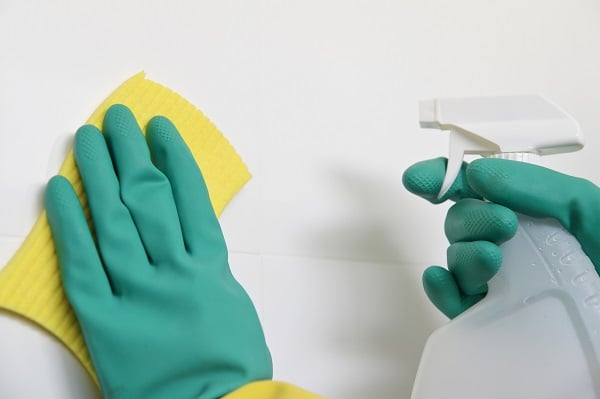Blocked drains are a common household problem, disrupting daily life and creating unwelcome headaches. In this comprehensive guide, we will explore the reasons behind blocked drains, provide some simple methods you can use to unblock your drains, and take a look at environmental factors that can play a part in the issue.
Understanding the culprits behind clogged drains
Before diving into unblocking methods, it’s crucial to understand the common culprits that lead to drain blockages. Identifying these factors can help in implementing preventative measures.
1. Hair buildup:
- Hair is a major contributor to drain blockages, especially in showers and bathroom sinks. Over time, hair builds up and combines with soap residue, creating very stubborn clogs.
2. Soap scum:
- Soap scum, a filmy substance left behind after washing, can stick to pipes, trapping other debris and contributing to blockages.
3. Grease and fat:
- Pouring grease and fat down the kitchen sink may seem convenient at the time, but once poured down the drain, it can solidify in pipes, attracting other debris and forming obstructions.
4. Foreign objects:
- Accidental dropping of foreign objects into drains, such as dental floss, cotton pads, or small even toys, can lead to blockages.
5. Environmental factors:
- In coastal areas like Portsmouth, where theres a powerful salty sea breeze, environmental factors play a significant role. Saltwater can accelerate corrosion, and debris may accumulate more rapidly leading to blocked drains in Portsmouth.
Methods for banishing blockages
Now, let’s delve into effective methods for unblocking clogged drains, providing clear instructions for each approach.
1. Baking soda and vinegar:
Procedure:
- Pour one cup of baking soda down the drain.
- Follow with one cup of vinegar.
- Allow the mixture to sit for 30 minutes.
- Flush the drain with hot water.
Benefits:
- A natural and gentle solution.
- The fizzing reaction helps break down debris.
2. The power of the plunger:
Effective Plunging:
- Ensure enough water covers the plunger’s cup.
- Position the plunger over the drain, creating a tight seal.
- Plunge vigorously for about a minute.
- Check for improved drainage and repeat if necessary.
Benefits:
- Trusty tool for dislodging minor to moderate clogs.
- Works through suction to clear blockages effectively.
3. Unleashing the plumbing snake:
Procedure:
- Feed the plumbing snake into the drain until resistance is felt.
- Rotate the snake’s handle to break through the obstruction.
- Carefully retract the snake.
Benefits:
- Effective for dislodging hair, grease, and stubborn debris.
- Exercise caution to avoid pipe damage.
4. Chemical drain cleaners (to be used with caution):
Cautionary Approach:
- Chemical drain cleaners come with potential risks.
- They may damage pipes over time.
- Follow instructions meticulously, wear protective gear, and ensure proper ventilation.
Alternatives:
- Consider natural solutions or mechanical methods before resorting to chemical cleaners.
Maintaining healthy drain habits
To prevent future blocked drains and the need for frequent unblocking, try to enforce these healthy drain habits in your home:
1. Install drain strainers:
- Use drain strainers to catch hair and debris.
- Regularly clean these strainers to maintain effectiveness.
2. Avoid pouring grease:
- Refrain from pouring grease down the kitchen sink.
3. Mesh filters in the shower:
- Consider using a mesh filter in the shower to trap hair.
Seeking professional help
Knowing when to call in professionals is crucial, especially in areas prone to specific environmental challenges like coastal regions. If DIY methods fail or you have persistent blockages, it’s probably time to call a licensed plumber.
Your complete toolkit for drain maintenance
In summary, addressing drain blockages involves a combination of knowledge, effective unblocking methods, preventative measures, and knowing when to call a drainage company. Hopefully the methods in this article work for you and your drains are flowing free in no time!






Leave a Comment